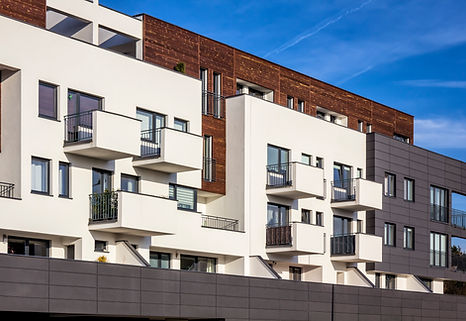

Representing Homeowners within HOAs
Almost all HOAs in Oregon function as they should, with no disputes or very few disputes between the owners and the association. However, there are a handful of common and recurring problems which surface from time to time requiring homeowners to seek the assistance of legal counsel:
-
neighbors who violate the restrictive covenants and the association does nothing about it;
-
the association does not have a reserve study;
-
directors who meet in secret or make decisions by email, on the telephone, or in other ways the owners cannot participate;
-
no board meetings, or no annual association meetings;
-
no budgets or reporting on the status of the association finances;
-
no understanding of the difference between association meetings and board meetings; and
-
failure to use any parliamentary procedure during meetings.


Unfortunately, rarely, there are even more troubling events affecting a homeowner's rights. For example, owners can find themselves in a situation where:
-
directors who have done nothing for many years suddenly realize the association's buildings are in dire need of repair, triggering massive assessments;
-
fines, fees and assessments over trivial matters reach into the tens of thousands of dollars;
-
foreclosure suits get filed which include a demand for attorney fees double or triple the amount the homeowner owes the association;
-
rental restrictions or other rules are placed on the home owner without the association following the proper procedure in changing the governing documents or enacting rules; and
-
associations change the allocation of the owners for common expenses without the proper process being followed.
Henrie Law believes there is a reasonable approach to homeowner association governance. Owners should expect their association will follow Oregon law and their governing documents. Common sense should prevail. Its true that in some situations an association must take extreme measures for the benefit of the community, but litigation within a community for any reason is divisive and expensive. Only the rarest extreme situation should require a homeowner to pay the Association's attorney fees for the collection of trivial past due amounts or any kind of fine. No homeowner should get foreclosed or be threatened with foreclosure over the type of wood their fence is made of, the color of their shutters, or because they didn't put their garbage cans in.
The firm represents those homeowners (both in planned communities and in condominiums) whose property values are being negatively affected by an absentee, overreaching, unorganized or otherwise ineffective association.